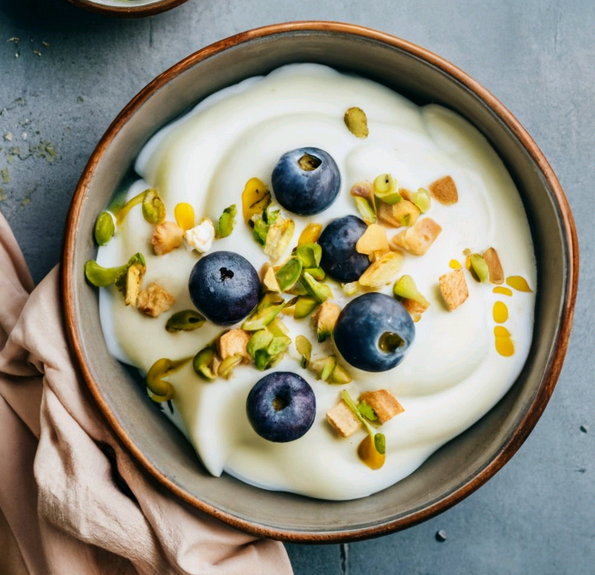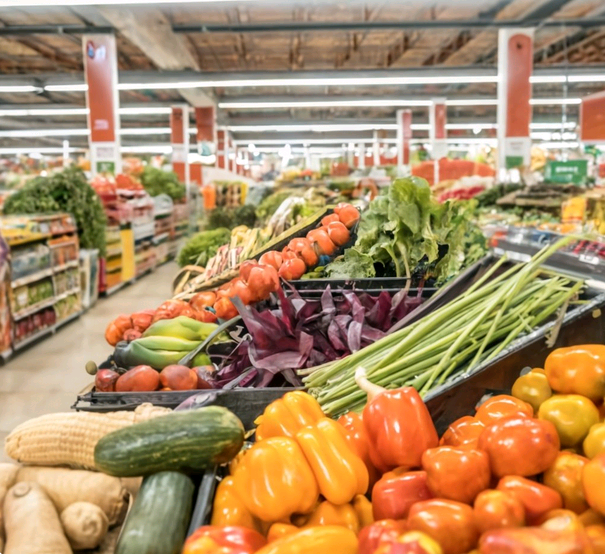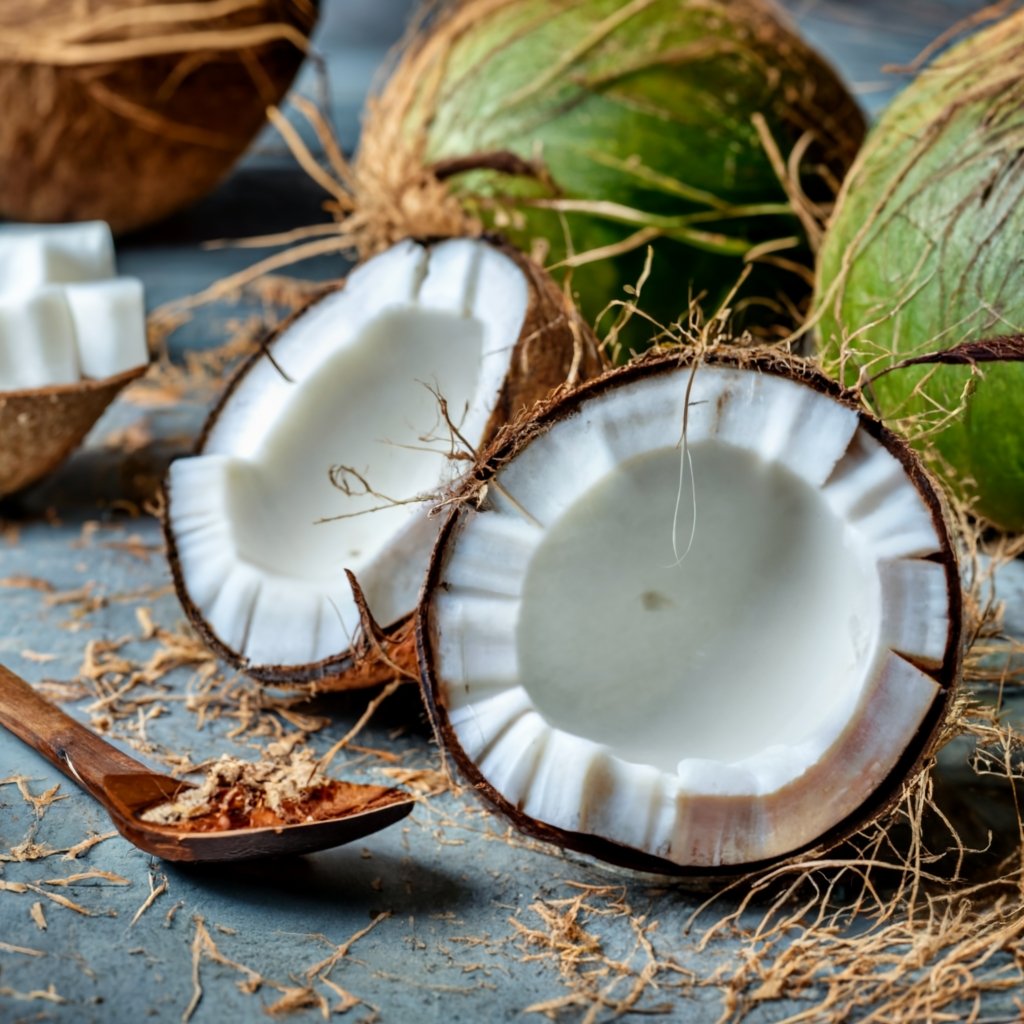The Science Behind Yogurt: Exploring the Absence of Bad Bacteria
Yogurt is a delicious and nutritious food that has been consumed for centuries. It is made by fermenting milk with beneficial bacteria that convert lactose (the natural sugar in milk) to...








